Dietary strategies to naturally boost testosterone and optimize men’s performance?
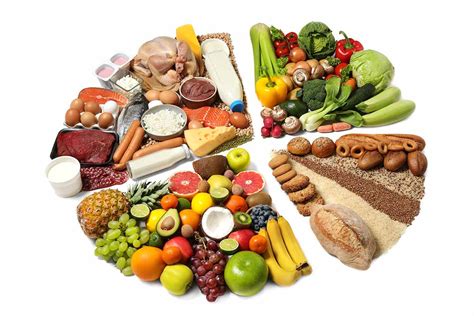
Testosterone, often hailed as the king of male hormones, plays a pivotal role far beyond just sex drive. It’s essential for muscle mass, bone density, energy levels, mood regulation, and even cognitive function. While age-related decline is natural, modern lifestyles, stress, and suboptimal nutrition can accelerate this decrease, impacting men’s overall performance and well-being. The good news? Your diet is a powerful tool you can leverage to support healthy testosterone levels naturally.
Understanding Testosterone’s Crucial Role
Before diving into dietary specifics, it’s vital to appreciate why maintaining optimal testosterone is so important. Healthy testosterone levels contribute to sustained energy throughout the day, improved mood and focus, enhanced physical strength and endurance, better body composition (more muscle, less fat), and a robust libido. When levels dip, men can experience fatigue, decreased muscle mass, increased body fat, mood swings, and a noticeable drop in performance across various aspects of life.
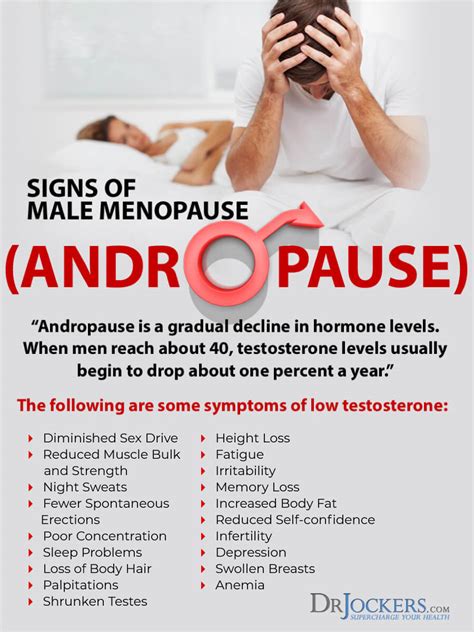
Essential Nutrients for Testosterone Production
Certain vitamins and minerals are critical co-factors in the complex process of testosterone synthesis. Ensuring adequate intake of these nutrients is foundational:
- Zinc: This mineral is a powerhouse for testosterone. It prevents the conversion of testosterone into estrogen and is vital for reproductive health. Rich sources include oysters, red meat, poultry, beans, nuts, and whole grains.
- Vitamin D: Often called the ‘sunshine vitamin,’ Vitamin D acts like a steroid hormone in the body and is directly linked to testosterone production. Sun exposure is the primary source, but fatty fish (salmon, mackerel), fortified dairy, and eggs also contribute.
- Magnesium: Magnesium plays a role in hundreds of bodily functions, including hormone regulation. It helps keep testosterone free and bioavailable. Spinach, almonds, avocados, and dark chocolate are excellent sources.
- B Vitamins: B vitamins, particularly B6, are involved in various enzymatic reactions, including those related to hormone metabolism and stress response, which indirectly supports testosterone.
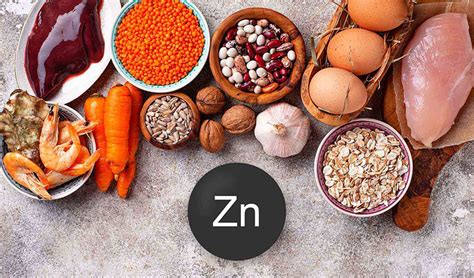
Dietary Fats: The Good, The Bad, and The Essential
Don’t fear healthy fats! Cholesterol is the precursor to all steroid hormones, including testosterone. Therefore, adequate intake of healthy fats is non-negotiable for hormone synthesis.
- Monounsaturated Fats: Found in avocados, olive oil, and nuts, these fats are heart-healthy and support overall endocrine function.
- Saturated Fats (in moderation): While often demonized, moderate amounts of healthy saturated fats from sources like grass-fed beef, eggs, and coconut oil can be beneficial for testosterone production.
- Omega-3 Fatty Acids: These anti-inflammatory fats, abundant in fatty fish, flaxseeds, and walnuts, contribute to overall cellular health and can indirectly support hormone balance.
Conversely, trans fats and excessive amounts of highly processed vegetable oils (high in Omega-6) can promote inflammation and negatively impact hormone health. Focus on whole, unprocessed sources of fat.
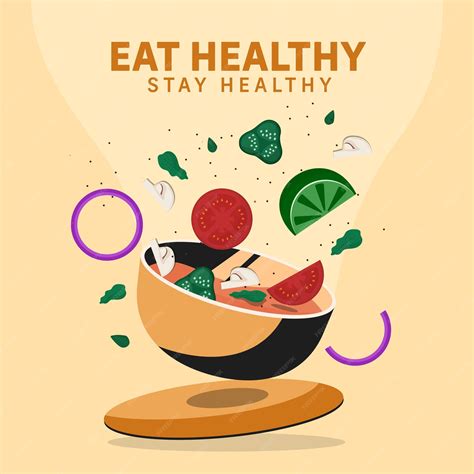
Foods to Emphasize and Those to Limit
Foods to Prioritize:
- Cruciferous Vegetables: Broccoli, cauliflower, cabbage, and Brussels sprouts contain compounds like Indole-3-Carbinol (I3C) which help the body metabolize estrogen, potentially creating a more favorable testosterone-to-estrogen ratio.
- Lean Protein: Adequate protein intake (from sources like grass-fed meat, poultry, fish, and legumes) is crucial for muscle building and repair, which is intrinsically linked to testosterone’s effects.
- Complex Carbohydrates: Whole grains, sweet potatoes, and fruits provide sustained energy and prevent cortisol spikes (stress hormone) that can suppress testosterone.
- Onions and Garlic: Some research suggests these alliums may contain compounds that support testosterone production.
Foods/Substances to Limit:
- Processed Foods & Refined Sugars: These can lead to inflammation, insulin resistance, and weight gain, all of which negatively impact testosterone.
- Excessive Alcohol: Chronic heavy drinking can significantly impair testosterone synthesis and increase estrogen levels.
- Certain Soy Products (in excess): While moderate soy intake is generally safe, some studies suggest very high consumption of soy isoflavones might have estrogenic effects, though this is debated. Focus on fermented soy like tempeh or miso if consumed.
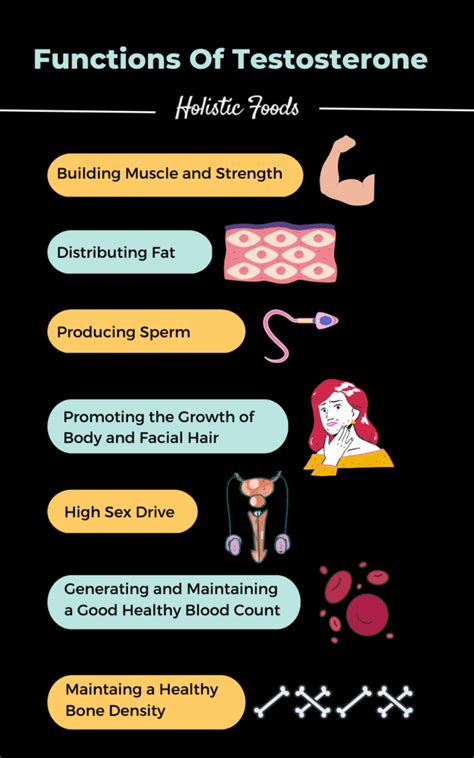
Beyond Food: Lifestyle Synergies
While diet is paramount, it functions best when supported by other healthy lifestyle choices:
- Quality Sleep: Lack of sleep significantly reduces testosterone levels. Aim for 7-9 hours of quality sleep per night.
- Regular Exercise: Especially strength training and high-intensity interval training (HIIT), can naturally boost testosterone.
- Stress Management: Chronic stress elevates cortisol, which has an inverse relationship with testosterone. Practice mindfulness, meditation, or other stress-reducing activities.
- Maintain a Healthy Weight: Excess body fat, particularly around the waist, can increase estrogen conversion and lower testosterone.

Crafting Your Testosterone-Optimizing Diet
Building a diet to support testosterone and performance is about consistency and balance. Focus on whole, unprocessed foods. Incorporate a wide variety of vegetables, fruits, lean proteins, and healthy fats. Pay attention to your body’s signals and adjust as needed. Remember, dietary changes are a long-term strategy, not a quick fix. Combined with adequate sleep, regular exercise, and stress reduction, a smart dietary approach can significantly contribute to naturally boosting your testosterone and optimizing your overall performance and well-being.








